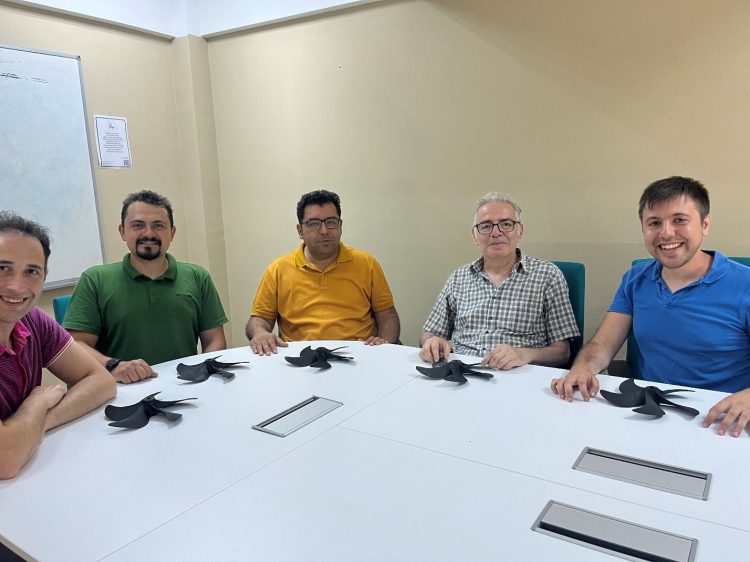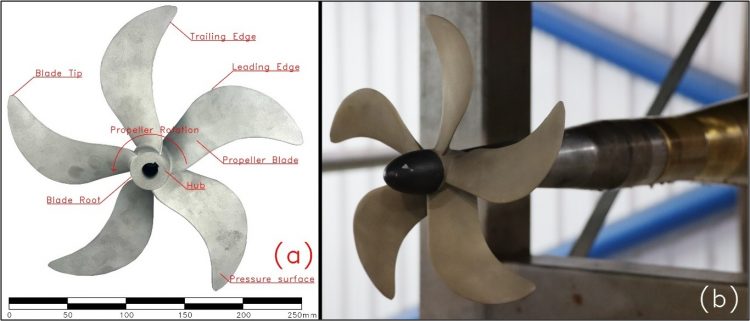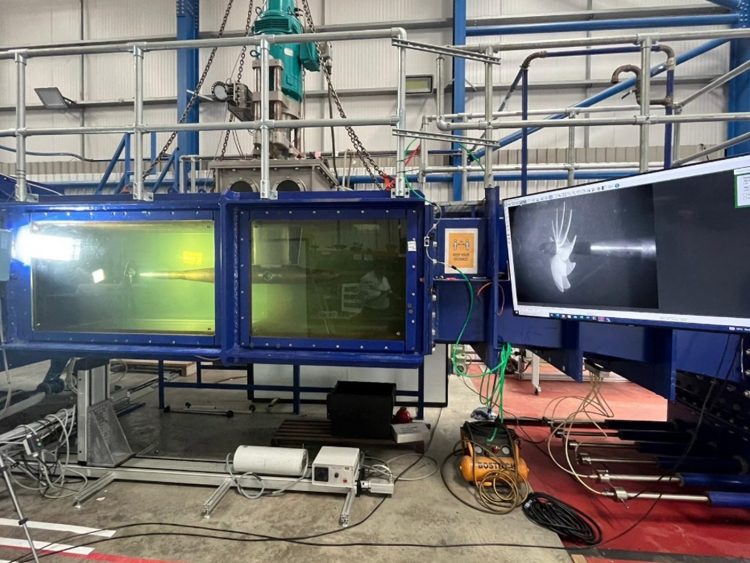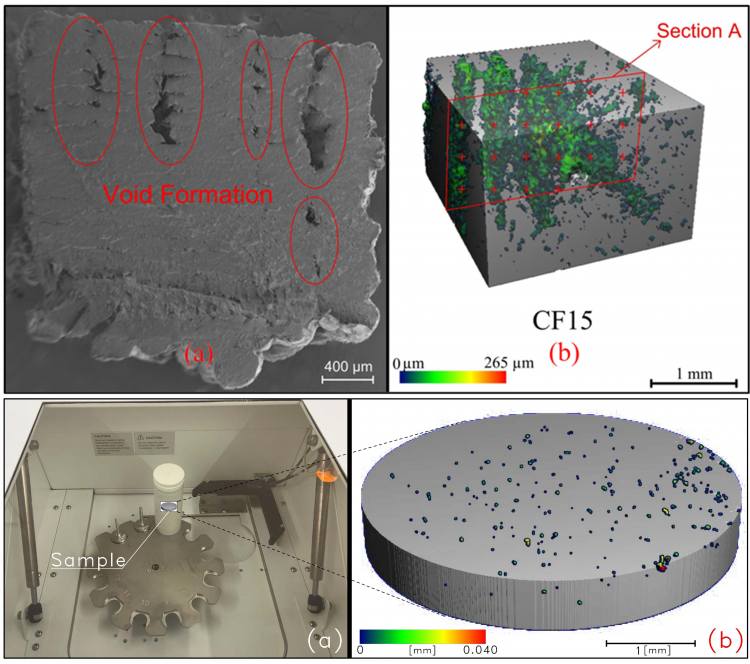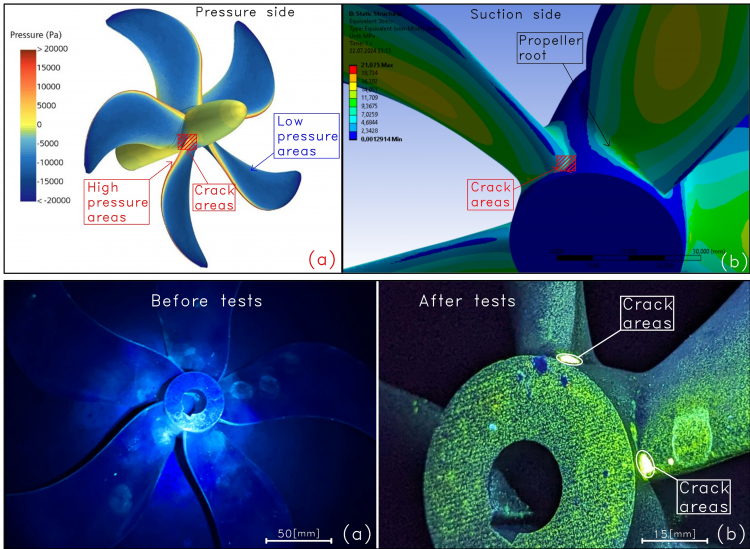- Anasayfa
- Naval Architecture
Naval Architecture
Naval Architecture
Naval Architecture
Maritime institutions and organizations that are active in our region, the expertise they need to-date marine technologies, these requirements are increasing day by day, but answering the shortcomings that have the potential dimensions. Yet, DEU Institute of Marine Sciences and Technology, established since 1975 our country has acquired the seas and international waters, has a technological background. Necessity of presenting this knowledge for the benefit of the maritime industry on the basis of shipbuilding carried out research activities in this program.
Research activities at the beginning of the expected benefits, open new research horizons for particularly including small craft industry and construction and maintenance of the entire ship – repair industry in line with current needs by transferring all of the accumulated experience of the university under the coordination of the ship program.
The program has experience with all the equipment, numerous high quality academic and technical staff, laboratories and workshops, shows efficacy in land and sea vehicles for flybridges, many of the ship from the container ships with the size of fishing vessels until the size of a large oil tanker need for many of the ship basin, including the main machinery.
Naval Architecture Program, working in collaboration with prestigious national and international research centers. Some of them are presented below:
• Japan Ministry of Transport, Marine Technology High School, Japan
• Faculty of Marine Engineering and Ship Technology, Technical University of Gdansk, Poland
• Research Institute for Construction Equipment and Technology – ICECON S.A., Romania
• SARC BV, The Netherlands
• Amarcon, The Netherlands
Research topics:
• Ship building and form design
• Design of the special ships and systems
• Ship hydrostatics and stability
• Ship hydrodynamics
• Advanced ship strength
• Composite materials and testing
• Design of the shipyard and slipway, feasibility studies and organizational surveys
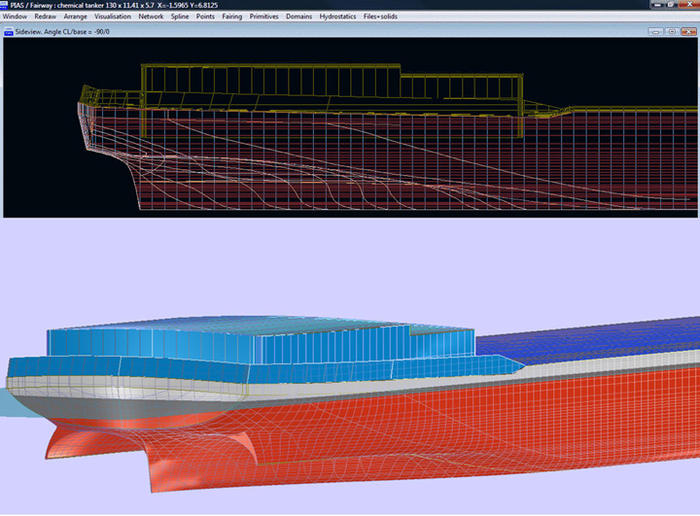
🌊 A New Era in Ship Propeller Design: A Sustainable Contribution from Dokuz Eylül University to the Maritime Sector ⚙️
As Dokuz Eylül University Institute of Marine Sciences and Technology, we are proud to announce the successful completion of a significant research project aimed at developing innovative and environmentally friendly solutions for maritime applications.
📌 The project, titled “IMPROVING THE PERFORMANCE OF SHIP PROPELLER WITH SUSTAINABLE MATERIALS AND MANUFACTURING METHODS AND ITS EFFECT ON REDUCTION OF EMISSIONS FROM THE SHIP”, focused on designing and producing alternative ship propellers using lighter, recyclable, and environmentally sustainable composite materials instead of traditional metal alloys.
🔬 Using advanced materials such as high-density polyethylene (HDPE) reinforced with carbon fiber and modern manufacturing techniques—particularly additive manufacturing (3D printing)—we developed prototype propellers and evaluated their hydrodynamic and structural performance through cavitation tunnel tests and comprehensive mechanical analyses.
📉 The results demonstrated that these new-generation propellers not only reduce environmental impact and emissions but also offer increased efficiency and cost-effectiveness, presenting a strong alternative to conventional metal propellers in the maritime industry.
📚 The scientific outcomes of the project have been published in two prestigious international journals:
This project reflects our commitment to integrating sustainability and innovation into engineering design, offering a promising vision for the future of eco-friendly and high-performance marine components.
🔗 The project was supported by the Scientific Research Projects Coordination Unit of Dokuz Eylül University within the framework of the Council of Higher Education’s Research Universities Support Program (ADEP).
We are pleased to contribute to a more sustainable, efficient, and technologically advanced future in maritime engineering—and we look forward to continuing this journey of innovation.


